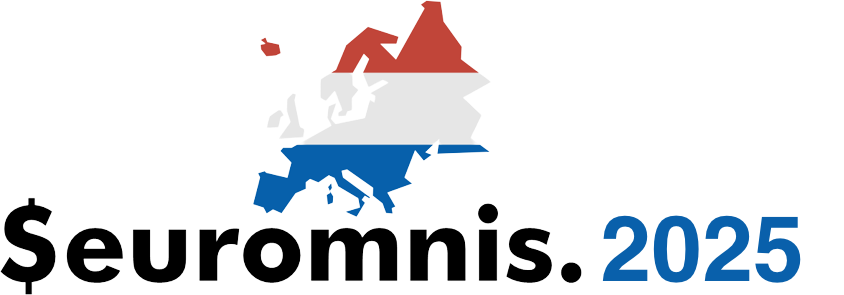4 days / 20 talks
Awesome and great speakers

Graham Stevens
In 1985, Graham started creating database applications for the company with Omnis 3, which was single-user in those days. No network issues or problems with record locking back then. He has been working with Omnis ever since, through all iterations, eventually, in 1996, converting his Omnis 7 chemical inventory and stock control applications to client-server with Oracle as the backend.
His Omnis to Oracle skills bagged him a job in Tenerife at the start of the millennium as lead developer and Oracle DBA in a large holiday ownership company, producing resort sales, reservations and front desk software. After a year away from the Omnis world, working as an Oracle PL/SQL developer, he is now based in the UK, programming in Omnis again on an exciting new project using the latest technologies available from Tiger Logic.
The conversion, which wasn’t for the weak of heart, ended up being more of a rewrite, as all the code was made more object-oriented and was re-coded to use SQL instead of Omnis Data Files. Throughout the conversion he learned how to eke out every ounce of performance from Omnis Studio using Omnis tricks and C++ externals.
In addition to Omnis he also has a great deal of experience with PostgreSQL, PL/PGSQL stored procedures and triggers, Objective-C, and C++ externals and has used it to great advantage to make Theatre Manager faster and more capable. He’s always on the lookout for cool new things to integrate into Omnis so that he can make faster and more useful software.
Beyond OmnisSQL
The ability to use SQL against the Omnis Native Datafile has been an invaluable asset to the Omnis community, but let’s face facts: it does have its limitations. This session is aimed at developers who may be considering a conversion to SQL or those who have hit some of those limitations of OmnisSql and are looking for an alternative.Using SQLite, a self-contained, serverless SQL database engine, this session will aim to highlight the advantages of moving to a fully transactional, ACID compliant relational database for your Omnis applications without the necessity of installing a database server.Some of the key topics to be covered include:• constraints• ANSI joins• subqueries• outer joins• views• WITH clause• LIMIT• transactions•
set operators – UNION, INTERSECT, MINUS/EXCEPT• triggers
Table Magic
One of the hidden treasures of Omnis Studio. Frequently overlooked but the source of so much productivity.
The database is the skeleton upon which every business application works. Accessing that database and manipulating its contents is the most fundamental interaction between the user and the source (i.e. the data), facilitated by Omnis and you, the developer.
• The table class offers an incredible amount of power in terms of : • Standard SQL calls
• Enhancing your data access utilising SQL joins within a query very powerfully
• Accessing stored procedures
As a non-visual object and one that lends itself very effectively to OO principles such as inheritance and polymorphism, the table class is one of the most potent “starting points” in contemplating both a DML to SQL or Omnis 7 to Studio conversion. It offers the most fertile environment to introduce newcomers to the object oriented paradigm and “change the way you think” about programming.
In this presentation the table class is explored using an evolutionary process, building up from the standard SQL access Omnis offers and seeing how the table class can enhance the developer experience and productivity in several ways.
• Roll your own, reusable SQL
• Simplifying your data access code
• Exploiting OO principles
• Automating standard logging columns
• Simplifying multiple database access within a single application
• Accessing encrypted data
If you are not already using table classes, or if you suspect you are only scratching the surface, this presentation is for you!

